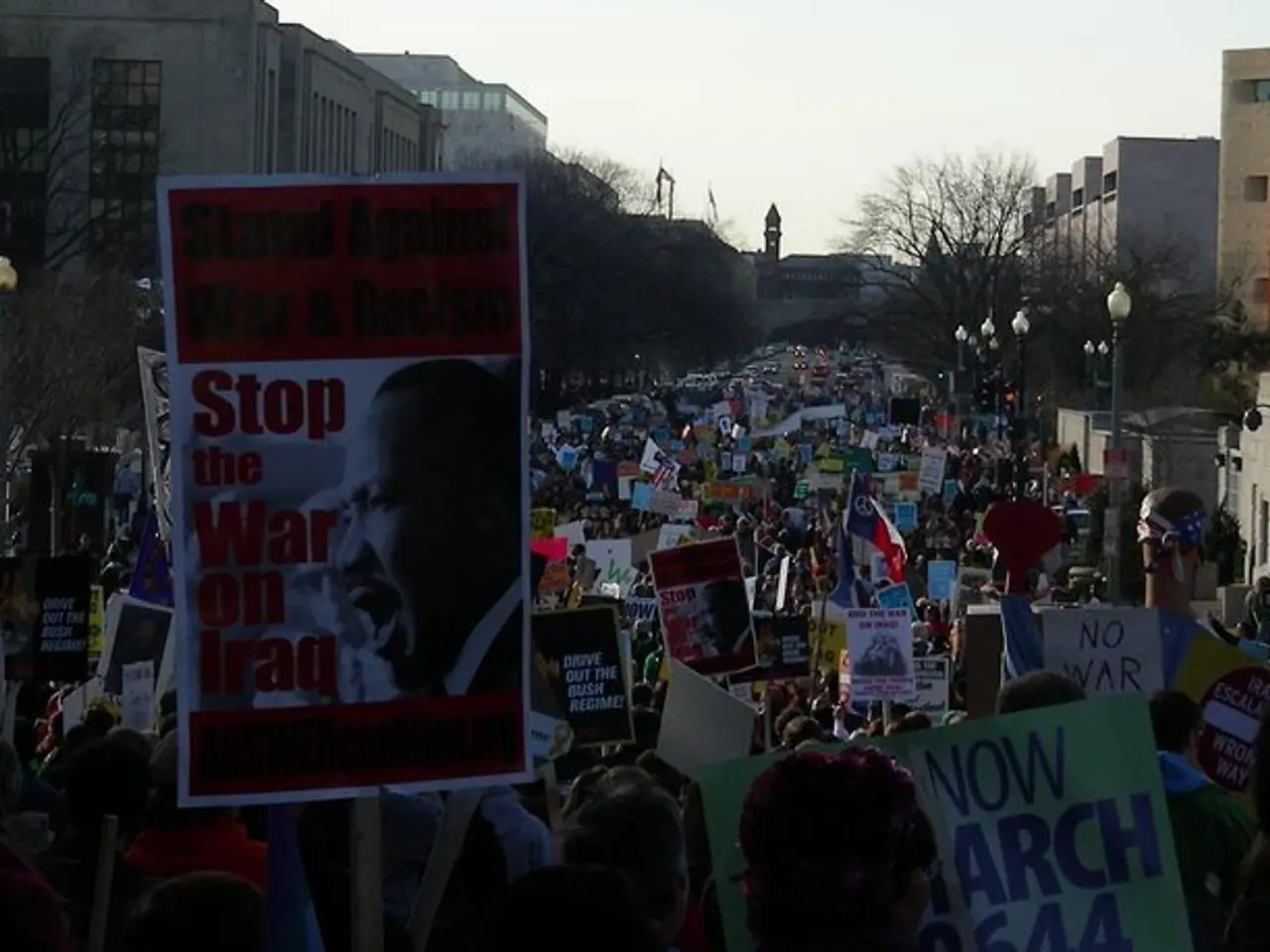Nepal's Prime Minister KP Sharma Oli steps down amidst public unrest in Kathmandu, sparked by accusations of corruption.
Nepal is currently grappling with a period of political uncertainty following the resignation of Prime Minister K.P. Sharma Oli. The dramatic turn in Nepal's fragile democracy has set the stage for a turbulent political transition.
The crisis began with escalating demonstrations across the nation, driven by allegations of corruption and misuse of power. These protests led to the resignation of Home Minister Ramesh Lekhaw, who admitted moral responsibility for the mishandling of the protests. The resignation of the Home Minister was followed by Oli's resignation due to mounting pressure from weeks of violent street protests.
The resignation of Oli has sparked a flurry of activities in the political arena. The formation of a new government involves discussions between various political parties, with the army engaging in talks to normalize the situation and find an interim leader. However, Oli's current whereabouts are unknown, indicating ongoing negotiations among parties to establish a new administration.
The unrest in Nepal has caused widespread disruption. The Tribhuvan International Airport (TIA) was fully closed due to the protests, but the ban on services has since been lifted. The Nepali Army has been deployed to provide security at the airport, and Communications Minister Prithvi Subba Gurung confirmed that services have been restored.
The government has also set up an inquiry panel to investigate the causes of the unrest. The panel has two weeks to complete its investigation and recommend preventive measures. Prime Minister Oli, in his final address, announced free medical treatment for the injured and relief payments for the families of the deceased.
The protesters are demanding accountability and sweeping reforms. Despite curfews and clashes with security forces, they have continued to voice their concerns, torching vehicles and defying orders. India's Ministry of External Affairs (MEA) has advised Indian nationals in Nepal to exercise caution and adhere to the steps and guidelines issued by the Nepali authorities.
India's MEA also condoled the lives lost in the Nepal protests, expressing sorrow over the loss of lives. Prime Minister Oli, in his final address, also expressed sorrow over the loss of lives in the protests.
This political turmoil in Nepal is undoubtedly a significant event, marking a critical juncture in the nation's democratic journey. The nation awaits the formation of a new government and the implementation of the recommendations from the inquiry panel to restore peace and stability.
Read also:
- Tobacco industry's suggested changes on a legislative modification are disregarded by health journalists
- Trump's Policies: Tariffs, AI, Surveillance, and Possible Martial Law
- Uncovering Political Ad Transparency: A Guide to Investigating opponent's Political Advertisements in the Digital Realm
- Elon Musk praises JD Vance's debate performance against Tim Walz








